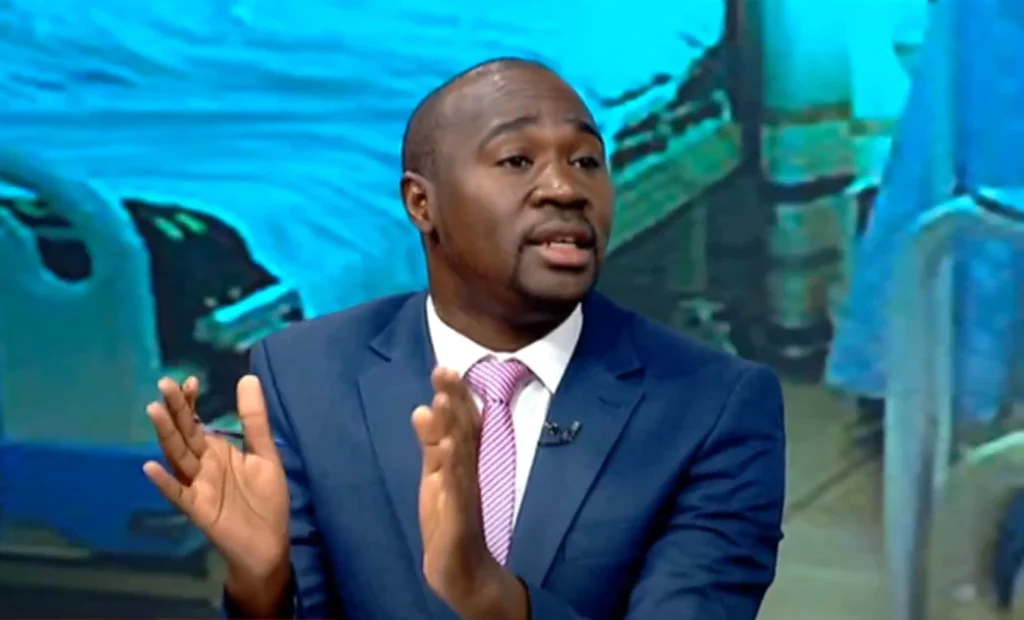Manyatta MP Gitonga Mukunji has filed a petition at the Milimani High Court against Inspector General of Police Douglas Kanja, DCI Director Mohamed Amin, and DPP Renson Ingonga, accusing them of misusing anti-terror laws to silence government critics.
The case stems from Mukunji’s dramatic arrest on July 7, 2025, during the Saba Saba protests. According to court documents, the legislator was detained by over 40 police officers along the Thika Superhighway while en route to Nairobi. He was accompanied by journalist James Ikuwa Mbochi, who was covering the protests. Boda boda rider Stanley Mbuthia Wanjiru, who followed the convoy out of concern, was also arrested.
The trio were taken to Kibii Police Station and later arraigned at Kahawa Law Courts, where the state sought to hold them for 14 days under suspicion of financing terrorism—charges based on the Prevention of Terrorism Act. However, the court denied the detention request and granted them bail.
In their petition, Mukunji and his co-petitioners describe their arrest and prosecution as politically motivated. They accuse the state of abusing the Prevention of Terrorism Act to target peaceful protesters and dissenters, especially those linked to the recent Gen-Z-led demonstrations.
“This abuse of the specialised act… has brought alive a similar use of the Public Order Act during the second liberation struggle to curb political dissent and silence government critics,” reads part of the petition.
The petitioners are demanding that the High Court declare their arrest and potential prosecution under the anti-terror law unconstitutional. They are also seeking an injunction against any future use of the Prevention of Terrorism Act in relation to their protest activities.
Additionally, they are requesting compensation for malicious prosecution, emotional trauma, and the immediate and unconditional release of their confiscated electronic devices.
This lawsuit adds to growing concerns among civil society and legal experts about the shrinking space for dissent in Kenya and the state’s increasing reliance on security laws to clamp down on protest movements.

